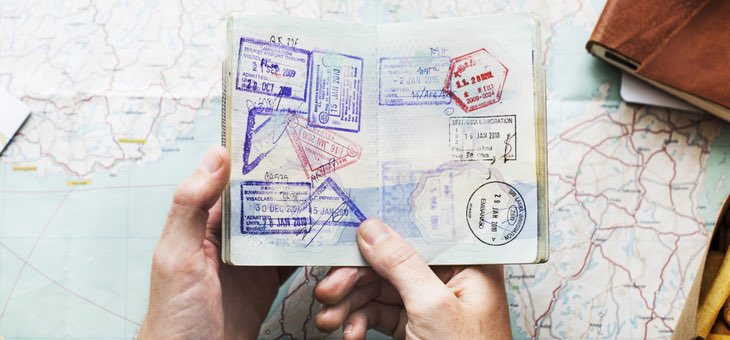Another year in travel is almost over and we hope you managed to get away and enjoy some of what this beautiful planet has to offer.
In the YourLifeChoices office we are always happy to answer all of your travel questions, queries and dilemmas and you certainly kept us busy this year.
We had heaps of weird and wonderful questions on all sorts of topics and all sorts of destinations, here are five of the best we received throughout the year.
Drink-driving laws
Mick sounds like a bit of a larrikin and we’d certainly like to have him over for a drink with us. He asked us about the various drink-driving laws all around the world. It certainly wasn’t something we had given too much thought to before the question landed in the inbox.
We discovered that getting caught over the legal limit abroad can be costly, with punishments ranging from hefty fines to losing your licence – and even a prison sentence.
For example, in South Africa, you could face up to six years in jail if you are found to be over the legal limit of 0.05 per cent blood alcohol concentration (BAC), while in countries such as Norway, you could be fined a month’s wages if you have more than 0.02 per cent BAC.
Many countries have either a total ban on alcohol or a zero tolerance approach, where it is illegal to have any alcohol detected in your blood – so it’s essential you know the law before you travel.
If your journey takes you across a border, then you should make sure you’re aware of that country’s laws, too.
A perfectly legal blood alcohol concentration in one country may be over the limit in a neighbouring one.
A 12-hour road trip from Tromso in Norway to Murmansk in Russia will take you through four countries with three different alcohol limits.
Cruising around Australia
Colin wanted to know if it was possible to cruise around Australia and, while it isn’t particularly popular, with most cruise lines only offering the service twice a season, it is possible.
Colin’s query sparked our interest in the office at the time, but my mum and dad were also very interested once we published our response, so much so that they went out and booked an Australian circumnavigation, which they will take next year.
We also discovered that all itineraries add a call at an international port, such as Bali or Komodo Island in Indonesia or a port in Papua New Guinea. This is mainly to satisfy what is known as the “rule of cabotage” whereby a foreign-flagged ship cannot undertake a coastal voyage in another country unless it adds at least one foreign port. Calling at an overseas port also allows for duty-free sales.
Travelling with a criminal record
Most requests we get are variations on a similar theme, but when David shared the fact that he had a criminal record and was worried about where he would be allowed to travel, it was certainly a conundrum we hadn’t encountered before.
It turns out that because he was planning a trip to Germany, he would not encounter any problems.
Most countries don’t stop someone from entering because of insignificant or antiquated criminal history. The United States is generally the strictest when it comes to criminal records, no matter how minor or how long ago it may have been.
Fly or ferry
We also answered our fair share of destination-based questions this year. We were able to help Susan, who travelled to the Greek islands this year and wanted to know whether she was better off flying between islands or taking the ferry.
The answer is different depending on what you want from your holiday. If you are on a tight budget, ferrying is much cheaper, but you will squeeze more into your holidays by flying between islands.
Passport problems
Dual citizenship wasn’t just a problem for politicians. YourLifeChoices member Lee was also caught in a twist with what passport to use when visiting the USA.
Having dual citizenship is a great bonus for a traveller, but there are important protocols that you should know and follow.
Dual citizens should always use the same passport to enter and exit a country. According to Australia’s Department of Foreign Affairs and Trade’s Smart Traveller service, all Australians, including dual nationals, should leave and enter Australia on their Australian passport.
International airlines have a legal obligation to ensure passengers have appropriate documentation for Australia – and for Australian citizens that means a passport. So, ensure that you always carry both passports with you when you travel.
If you enjoy our content, don’t keep it to yourself. Share our free eNews with your friends and encourage them to sign up.
Related articles:
How to survive the worst plane seat
How far can you drive on empty?
Have you found Europe’s G-spot?

